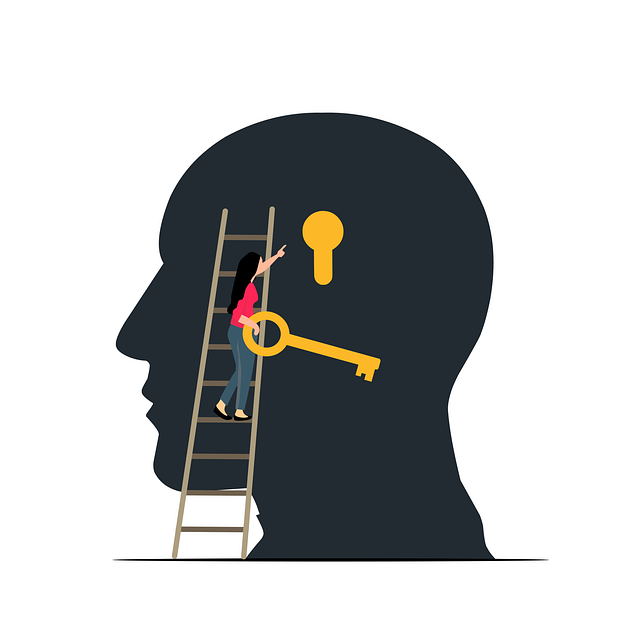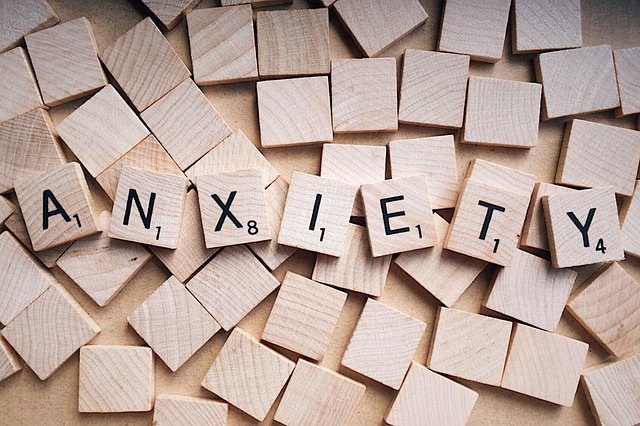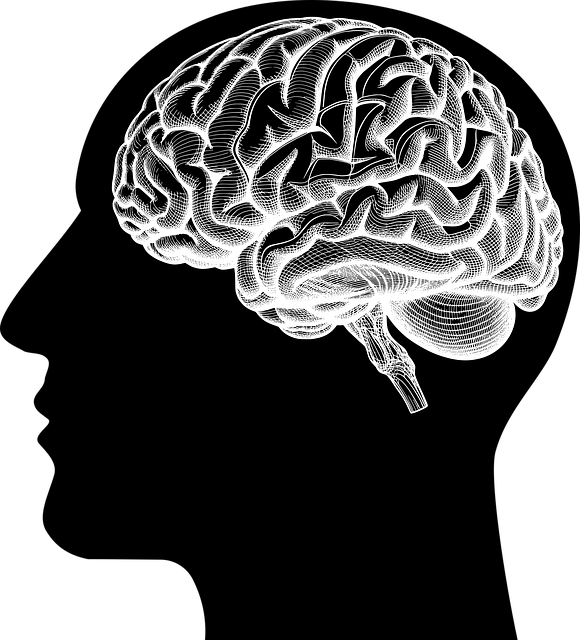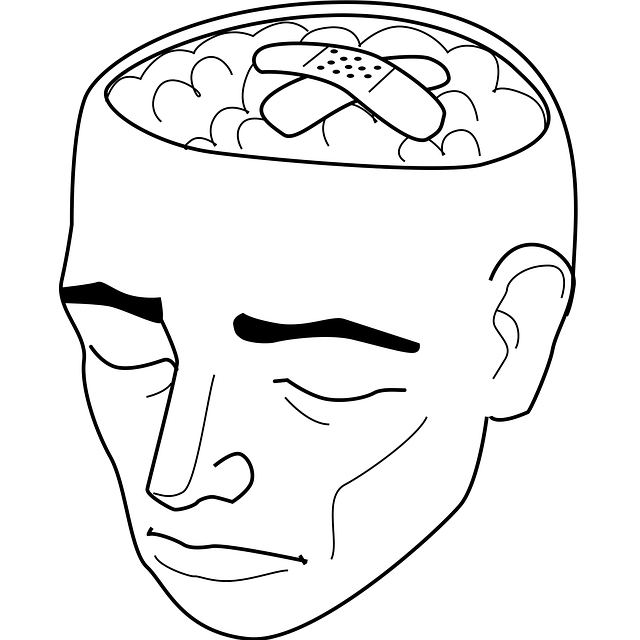Stress, a common challenge, can be managed through Castle Rock Interpersonal Issues Therapy (CRIIT), which focuses on relationship dynamics and communication. CRIIT helps individuals identify root causes of stress, anxiety, or depression, offering coping strategies and improving mental wellness. This therapy, coupled with self-care routines and public awareness campaigns, promotes healthier relationships and effective stress reduction techniques for diverse populations.
Stress reduction is an essential aspect of maintaining mental well-being. In this article, we explore various methods to combat stress and its profound impact on our lives. From understanding the root causes to adopting practical techniques, we delve into effective strategies. One highlighted approach is Castle Rock Interpersonal Issues Therapy, offering a therapeutic path to resilience. Additionally, we provide insights into creating sustainable self-care routines for long-term stress management.
- Understanding Stress and Its Impact
- The Role of Castle Rock Interpersonal Issues Therapy
- Practical Stress Reduction Techniques
- Creating a Sustainable Self-Care Routine
Understanding Stress and Its Impact

Stress is a natural response to challenging situations, but when it becomes persistent and overwhelming, it can significantly impact our overall well-being. It affects both our mental and physical health, leading to various issues such as anxiety, depression, insomnia, and even chronic illnesses if left unaddressed. Recognizing the signs of stress is crucial, as it enables individuals to seek appropriate support and implement effective coping strategies.
In today’s fast-paced world, interpersonal issues often contribute to elevated stress levels. Castle Rock Interpersonal Issues Therapy offers a safe space for individuals to explore and manage these challenges. Through this therapeutic approach, one can develop healthier communication skills, enhance self-awareness, and build resilience, thereby fostering better relationships and boosting confidence. Additionally, crisis intervention guidance and risk management planning are essential tools for mental health professionals to support clients in high-stress situations, ensuring their well-being and promoting effective problem-solving.
The Role of Castle Rock Interpersonal Issues Therapy

Castle Rock Interpersonal Issues Therapy (CRIIT) is a highly effective approach to addressing various mental health concerns, including stress-related disorders. This therapy focuses on the intricate web of relationships and how they impact an individual’s overall well-being. By exploring interpersonal dynamics, CRIIT helps clients understand the root causes of their stress, anxiety, or depression, often stemming from past experiences, communication challenges, or conflict within personal connections.
The therapeutic process involves a series of structured conversations guided by trained professionals. These sessions encourage individuals to express their emotions, gain new insights, and develop healthier coping mechanisms. CRIIT has been particularly successful in fostering mental wellness, as it equips people with the skills to navigate relationships more effectively, leading to improved stress management. In conjunction with popular initiatives like Mental Wellness Podcast Series Production and Mental Health Policy Analysis and Advocacy, CRIIT contributes to a holistic understanding of stress reduction, making it a valuable resource for those seeking comprehensive solutions in their journey towards better mental health.
Practical Stress Reduction Techniques

Stress reduction is a vital aspect of maintaining mental and physical well-being, and various practical techniques can help individuals navigate through challenging situations. One effective approach is Interpersonal Issues Therapy (IIT), which focuses on identifying and modifying problematic relationships and communication patterns. This therapy, often offered by professionals like Castle Rock therapists, equips individuals with valuable skills to manage stress related to interpersonal conflicts or difficult interactions.
Incorporating strategies such as active listening, assertiveness training, and conflict resolution into daily life can significantly enhance one’s ability to handle stressful situations. Public Awareness Campaigns Development plays a crucial role in promoting these techniques, educating the community about the importance of mental health and providing accessible resources for stress management. Additionally, Cultural Sensitivity in Mental Healthcare Practice ensures that individuals from diverse backgrounds receive tailored support, considering their unique experiences and perspectives. Effective communication strategies, when applied both personally and professionally, can foster healthier relationships and reduce tension, ultimately contributing to lower stress levels.
Creating a Sustainable Self-Care Routine

Building a consistent self-care routine is akin to crafting your own sanctuary within the bustling world—a personal retreat where you can recharge and rejuvenate. This isn’t about fleeting, stress-relieving moments but rather establishing sustainable practices that become integral parts of your daily or weekly schedule. Think of it as creating a haven in Castle Rock Interpersonal Issues Therapy, where you prioritize your mental well-being.
A well-rounded self-care routine involves a mix of physical, mental, and emotional activities tailored to your unique needs. This could include regular exercise, mindfulness practices like meditation or yoga, engaging in hobbies that ignite joy, setting clear boundaries, and cultivating empathy building strategies through deep connections with others. For those seeking additional guidance, Stress Management Workshops Organization often offer valuable insights and Crisis Intervention Guidance to equip individuals with effective tools for navigating life’s challenges.
Stress reduction is a holistic process that involves understanding our emotional responses, seeking professional help like Castle Rock Interpersonal Issues Therapy, and adopting practical techniques. By creating a sustainable self-care routine, we can effectively navigate life’s challenges and cultivate resilience. Remember that stress management is an ongoing journey, and incorporating these strategies into daily life can significantly enhance overall well-being.














